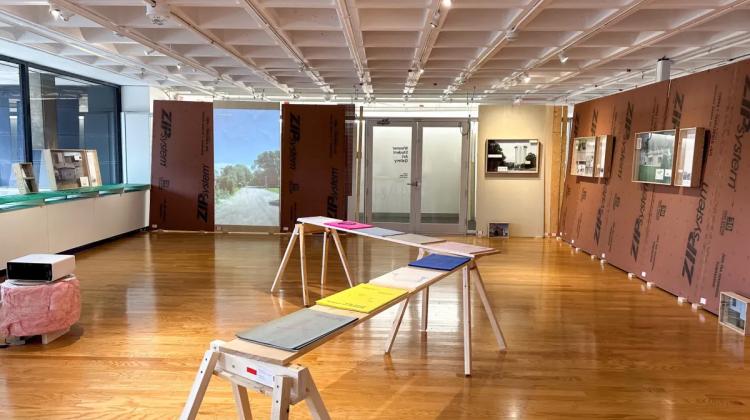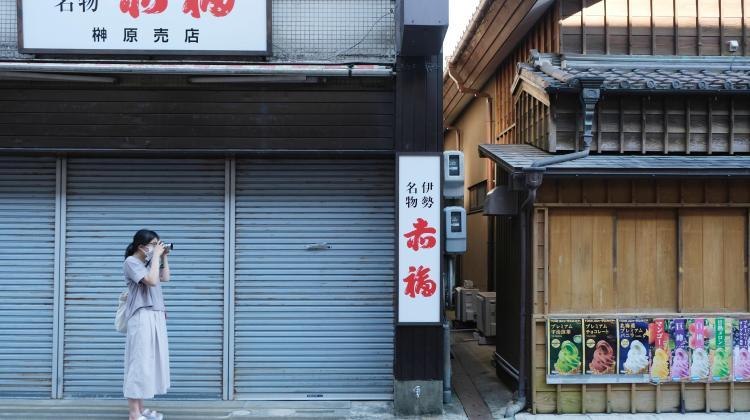4.041
Design Studio: Advanced Product Design
Focuses on producing a small series of manufactured products. Students develop products that address specific user needs, propose novel design concepts, iteratively prototype, test functionality, and ultimately exhibit their work in a retail context. Stemming from new research and technological developments around MIT, students try to imagine the future products that emerge from new materials and machine intelligence. Provides an in-depth exploration of the design and manufacturing of products, through narrative, form, function, fabrication, and their relationship to customers.
T.A.
Spring
2024
3-3-6
U
Schedule
TR 2-5
Location
N52-342C
Prerequisites
4.031 or permission of instructor
Restricted Elective
BSAD, Design Minor
Enrollment
Limited to 15
Preference Given To
Course 4B Majors, Design Minor
Can Be Repeated for Credit
No
Document Uploads




